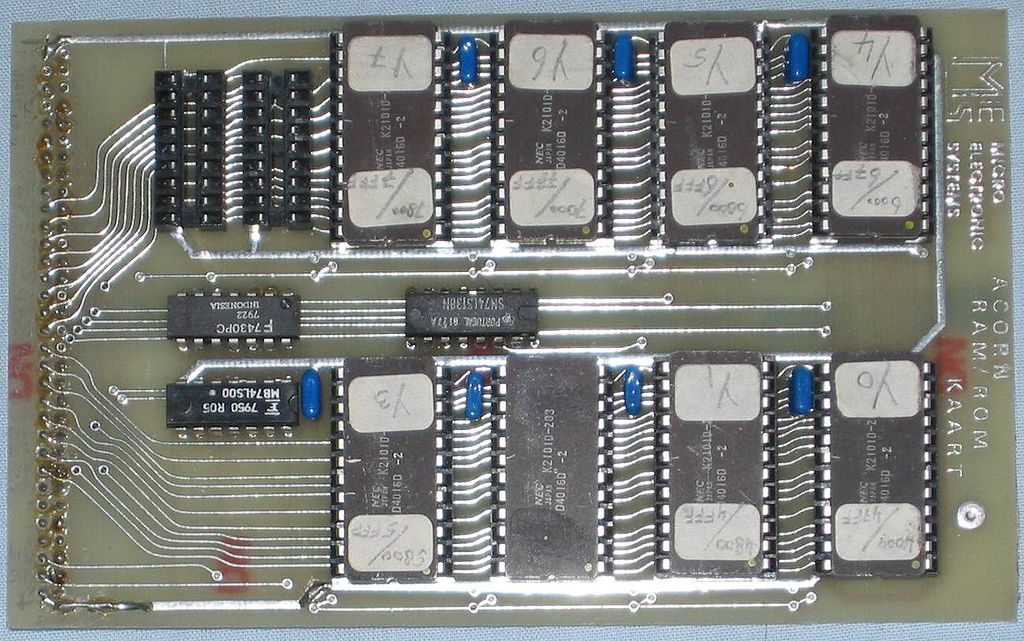Optoelectronics
- Prowadzący: dr inż. Mateusz Łakomski
Microelectronic Technologies

Course contents
CMOS gates (pull-down, pull-up network). Technology: diffusion, ion implantation, etching, lithography, mask set for CMOS
technology, CMOS gates and metastables: characteristics, transistor width selection, delay by Logical Effort method, Setup
time & hold time, pseudo-NMOS, pass-transistor. IC design methodology. Basic analogue circuits operating: in voltage mode,
in current mode. Passive elements in integrated circuits. Dynamic memories, eeprom, flash.Contents - detailed selection
Lecture
1. 1. Fundamentals of microtechnology: cleanroom environment, semiconductor
devices manufacturing, semiconductor materials - properties, manufacturing,
application areas, doping - thermal diffusion and ion implantation, thin layers
growth: semiconductor, dielectric and conductive, photolithography, wet and dry
etching, planarization.
2. CMOS gates, latches and flip-plots: topology. characteristics, transistor width
selection, Logical Effort technique for delay estimation, setup time & hold time,
pseudo-NMOS, pass-transistor techniques.
3. IC design methodology (principles of full-custom and semi-custom design;
standard cells; IC components: core, power rings, I/O pads; IC testing, simulation
including technology parameter spread, design tools).
4. Fundamentals of analog circuits (basic analog circuits operating in voltage
mode, basic analog circuits operating in current mode.).
5. Passive elements in integrated circuits.
6. Dynamic memories, EPROM, FLASH.
7. New trends in silicon technology development (FinFet, GAA), organic
semiconductors.Laboratory classes
2. Semiconductors
1. Demonstration of microtechnological processes and characterization methods
(oxidation, doping, photolithography, diffusion, metallization, etching).
Integrated circuit design
1. Semi-custom approach - CMOS standard gate design (Microwind or Cadence).
2. Basic operational amplifier or basic digital circuit.- Prowadzący: dr inż. Piotr Amrozik
- Prowadzący: dr hab. inż. Grzegorz Jabłoński
- Prowadzący: prof. dr hab. inż. Marcin Janicki
- Prowadzący: dr inż. Mariusz Jankowski
- Prowadzący: dr inż. Andrzej Kubiak
- Prowadzący: dr John Speller
- Prowadzący: Aleksandra Świderek
- Prowadzący: dr inż. Janusz Woźny
Microprocessor Systems
Microprocessor Systems
- Prowadzący: dr hab. inż. Dariusz Makowski
Signal Processing
Signal Processing (20024/25) - Labolatory
- Prowadzący: dr inż. Łukasz Jopek
Power Devices and Systems (2024/25)
- Prowadzący: dr inż. Cezary Maj
- Prowadzący: dr inż. Łukasz Starzak
Power Devices and Systems (2023/24)
- Prowadzący: dr inż. Łukasz Starzak
Power Devices and Systems (2022/23)
- Prowadzący: dr inż. Łukasz Starzak
Signal Processing
ignal classification: continuous and discrete time systems; deterministic and random signals; elementary signals; Linear systems and filters: classification of systems - linear vs. nonlinear, time-invariant, causal and anticausal; continuous time systems and their description; discrete time systems and their description; system response to elementary excitation; linear and circular convolution; filtering; connecting systems in parallel and in chain; stability. Spectral analysis: orthogonal signals and orthogonal signal bases; Fourier series; Fourier transform; relation between Fourier series and Fourier transform; properties of Fourier series and transform; Discrete Time Fourier Transform; Discrete Fourier Transform; comparison of various methods of Fourier analysis. Sampling: band-limited signals; sampling theorem; reconstruction from sampled signal; A/D and D/A conversion; quantization noise; signal to noise ratio. Z transform: properties, inverse transform and methods of finding inverse Z transform; Parseval's theorem; relation between the Z transform and Discrete Time Fourier Transform; Fast Fourier Transform. Digital filters: filtering in time domain and in frequency domain; selected structures of digital filters; linear phase filters; FIR filter design with the windowing method; IIR filter design using analog prototypes and bilinear transformation; frequency conversion; comparison of FIR and IIR filters. Continuous time modulation: amplitude modulation: AM, DSB-SC, SSB; analytic signals; Hilbert filter; demodulation of SSB signal with the use of Hilbert filter; phase and frequency modulation; interpolation and decimation.
- Prowadzący: dr hab. inż. Sławomir Hausman
- Prowadzący: dr inż. Piotr Korbel
Power Devices and Systems (2021/22)
- Prowadzący: dr inż. Łukasz Starzak
Object Oriented Programming
Object Oriented Programming in C++, encapsulation, overloading, inheritance, polymorphism, with examples and projects
- Prowadzący: prof. dr hab. inż. Bogusław Więcek
Electromagnetism
- Prowadzący: dr hab. inż. Łukasz Januszkiewicz